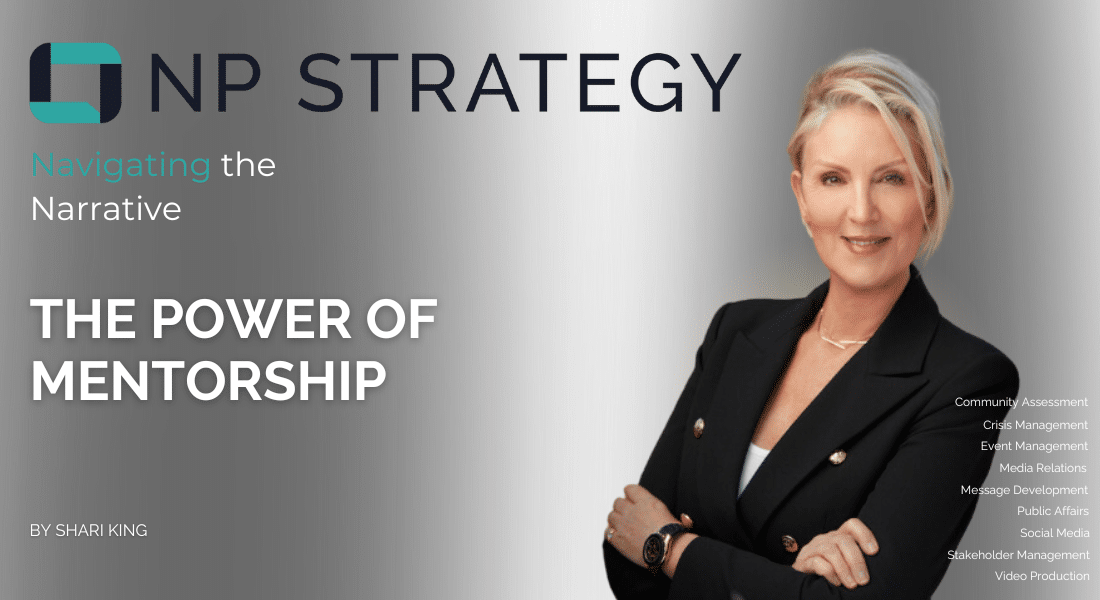
Have you ever been in a situation where you needed guidance, but couldn’t find it from your usual sources? During the height of the pandemic, I struggled with a decision. Should I stay in the city where I’ve lived for the last 22 years or should I go back to my hometown to be closer to family? Of course, plenty of people had opinions, but it was a long-time mentor who helped me make the best choice. And I wasn’t surprised about that.
Mentors have been an important part of my professional development since my first job in advertising. As a mentor, you provide guidance that a person can’t get from a spouse, sibling, co-worker, or friend. A good mentor doesn’t have a stake in your decisions, just an interest in helping you gain some perspective and make plans that will work for you.
I’ve been fortunate to have terrific mentors during my career, each bringing something to my professional development that I desperately needed. My first mentor was the Chief Financial Officer of a company I started working for in my early twenties. He could see my energy and potential—and also the huge gaps in my knowledge.
When I made mistakes, instead of dismissing me, he was both firm and kind. I could have bristled at the criticism, but instead I took his feedback and used it. Thanks to his guidance, I not only became great at my job, but I also gained a mentor who helped me shape the career I wanted to build.
Mentoring can happen organically like that when an experienced leader makes time to guide a young team member, and when that guidance is accepted with a willing heart.
Another mentor entered my life when I was more experienced, and he brought a different perspective to my work and decisions. He was an entrepreneur, an independent thinker, and a person whose creative energy and bold action inspired many of his employees, including me.
As my boss, he expected excellent work, of course, but also loyalty and a commitment to his vision. As a mentor, he valued me as a person with my own goals and vision. It was okay for me to say if those goals might take me to the next step in my career. And because he encouraged independent thinking, my co-workers and I weren’t afraid to make big, bold decisions with our careers. For some of us, it was jumping off that cliff and starting our own businesses. He encouraged, supported, and applauded that kind of thinking.
Formal mentorship programs exist in companies and organizations and they can be great. You can also keep it simple, though, and let your mentoring evolve as it’s needed. Look for bright people who can use a little guidance. Provide a friendly suggestion. Let them know they can come to you, that you’ll listen without judgment, and have their back. Challenge them to do a little more, to make themselves better. Connect them to a new opportunity.
Sometimes, your mentee will take up your time, ignore your advice, and make you wonder why you bothered. (Ask my mentors how I know this.) It can make being a mentor feel frustrating. But you might find that mentoring can also invigorate YOU, add a spark to the work you do every day, and help you appreciate the lessons you’ve learned.


